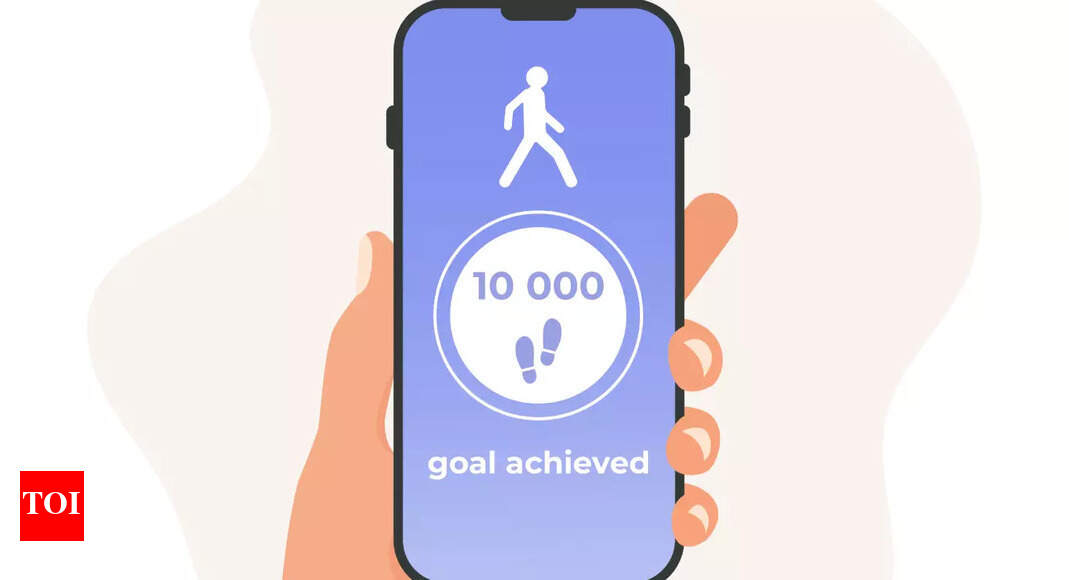T4K3.news
More steps linked to reduced heart disease risk
Increasing daily steps significantly lowers cardiovascular risk for those with high blood pressure.

A large-scale study finds more walking reduces heart-related risks in people with high blood pressure.
Increased walking linked to heart health benefits for those with high blood pressure
A study published in the European Journal of Preventive Cardiology has revealed that increasing daily steps can lead to significant heart health benefits for individuals with high blood pressure. Analyzing data from over 36,000 participants, researchers found that taking additional steps, even below the popular target of 10,000 daily, is linked to a decrease in the risk of major cardiovascular events. Specifically, each increase of 1,000 steps per day correlated with a 17% reduction in the chance of developing serious heart problems. Notably, walking faster also proved beneficial, with a 30% lower risk associated with an average of 80 steps per minute. Alarmingly, 1.28 billion people globally suffer from high blood pressure, experiencing increased risks of heart disease and stroke.
Professor Emmanuel Stamatakis highlighted, "The more you walk with greater intensity, the lower your risk for future serious cardiovascular events." With nearly eight years of follow-up data, the study painted a clearer picture of how physical activity can be integrated into healthcare recommendations for managing hypertension.
Key Takeaways
"The more you walk with greater intensity, the lower your risk for future serious cardiovascular events."
Professor Stamatakis underscores the health benefits of walking intensity for those with high blood pressure.
"Our findings offer patients accessible and measurable targets for heart health, even below 10,000 steps daily."
Professor Stamatakis highlights how the study provides practical health guidance for individuals with hypertension.
This study shines a light on the undeniable link between physical activity and heart health, particularly among individuals with high blood pressure. While previous guidelines often centered on reaching 10,000 steps, this research emphasizes that every additional step counts. The findings suggest that healthcare providers should not only encourage more walking but also focus on the intensity of that walking. In a world where sedentary lifestyles are increasingly common, this insight could reshape how we understand the essentials of cardiovascular health and empower individuals to improve their quality of life without overwhelming goals.
As heart-related conditions soar, adaptable health recommendations could have lasting positive impacts on public health, particularly for high blood pressure patients.
Highlights
- Every step taken can save a heart.
- More walking equals a healthier life.
- Intensity matters for heart health.
- Walking further can cut cardiovascular risks.
Study highlights health risks associated with high blood pressure
The findings reveal that 1.28 billion people globally live with high blood pressure, increasing their risk of severe heart issues. Enhanced physical activity recommendations could spur public reactions and require careful handling to encourage positive change.
As walking becomes a more recognized aspect of heart health, future recommendations may evolve to promote intensity in daily activities.
Enjoyed this? Let your friends know!
Related News

Study reveals 7,000 steps daily can reduce health risks

New study shows 7,000 steps daily is enough for health

New cardiology recommendations aim to lower heart disease

Five lifestyle changes cut risk of five leading killers

Researchers find brisk walking drastically improves heart health

High Salt in Breakfast Ties to Heart Risk

Air purifiers may cut heart attack risk at home

Walking 10,000 steps daily shows significant health benefits
